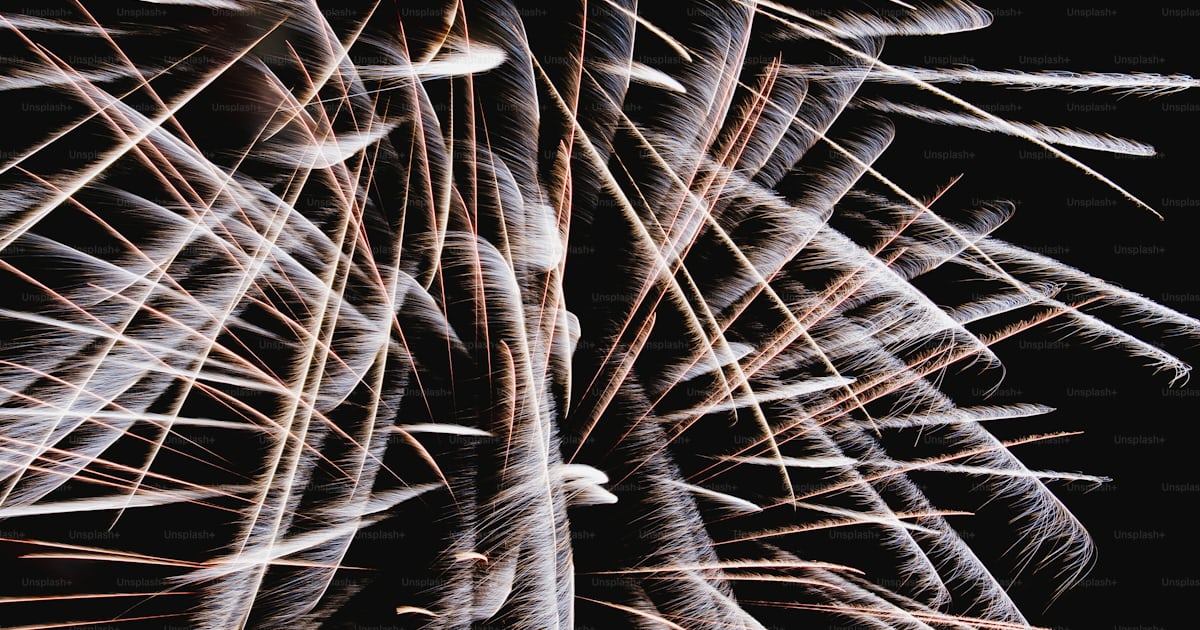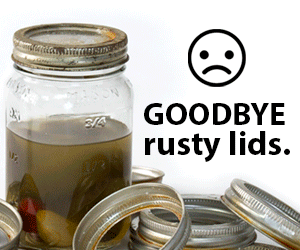
Image Source: Unsplash
Fireworks are a beloved part of many celebrations, captivating audiences with their dazzling displays of lights and explosive sounds. However, while humans find joy and excitement in these spectacles, the same cannot be said for our farm animal friends. The loud noises and bright lights associated with fireworks can be extremely distressing and even dangerous for them. In this comprehensive guide, we will explore the impact of fireworks and farm animals, the potential risks they face, and how we can protect and comfort them during these festivities.
The Devastating Effects of Fireworks and Farm Animals
Unlike our companion animals, such as dogs and cats, farm animals cannot be easily brought indoors to shield them from the frightening effects of fireworks. This means that they are exposed to the full force of the explosions, which can have severe physical and psychological consequences.
Mental Distress and Anxiety
The sudden and unpredictable nature of fireworks can cause farm animals to experience intense fear and anxiety. The bright flashes and loud bangs disrupt their normally peaceful and predictable environment, leading to a state of panic. This heightened state of alertness can persist long after the fireworks have ended, leaving them on edge and fearful of future explosions.
Physical Injuries and Trauma Due
The fear and panic induced by fireworks can drive farm animals to desperate measures in an attempt to escape the perceived threat. Horses, cattle, and sheep may attempt to jump or break through fences and gates, resulting in serious injuries such as lacerations, strains, sprains, and even broken limbs. Animals that manage to escape their enclosures are at risk of being hit by vehicles or getting trampled in stampedes.
Health Complications and Disruption
Farm animals that are housed indoors are not immune to the distress caused by fireworks. Startled animals may injure themselves on fixtures or fittings within their housing, leading to additional physical harm. In the case of chickens, the sudden panic caused by fireworks can cause them to pile together, resulting in injuries or suffocation.
Furthermore, the stress and fear experienced during fireworks displays can disrupt the feeding schedules of farm animals, impacting their overall health and well-being. This is especially concerning for animals with pre-existing health conditions, as the added stress can exacerbate their symptoms and compromise their recovery.
The Risks Posed by Fireworks to Wild Animals
While farm animals face significant challenges during fireworks displays, it is important to acknowledge the impact on wild animals as well. The sudden and loud explosions can have devastating consequences for various species, disrupting their natural behaviors and jeopardizing their survival.
Predatory Birds and Nest Abandonment
Predatory birds, such as bald eagles, are particularly sensitive to the harsh sounds and lights emitted by fireworks. These disturbances can cause them to abandon their nests or habitats entirely, disrupting their breeding and nesting patterns. The long-lasting effects of fireworks can have far-reaching consequences for these majestic creatures.

Flight and Energy Depletion in Birds
Fireworks can cause birds to take off en masse, flying for prolonged periods in an attempt to escape the perceived threat. This continuous flight drains their vital energy reserves, leaving them vulnerable to exhaustion and starvation. In some instances, birds have been frightened so far out to sea that they lacked the energy to return to their habitats, resulting in their demise.
The noise and bright lights of fireworks can also cause birds to fly higher and for longer durations, exposing them to harmful chemicals present in fireworks. Substances like ozone, sulfur dioxide, and nitric oxide can cause cardiovascular and respiratory damage in birds, leading to severe health complications and even death.
Protecting Farm Animals from Fireworks: Taking Action
As responsible individuals, we have a duty to protect and care for all animals, including farm animals, during fireworks celebrations. By taking proactive measures, we can minimize the distress and potential harm caused by fireworks. Here are some actions you can take to improve the safety and well-being of farm animals in your community:
- Avoid Setting Off Fireworks: Refrain from setting off fireworks yourself and encourage your friends and family to do the same. By minimizing the use of fireworks, you reduce the overall impact on farm animals.
- Engage in Dialogue: Many neighbors may not be aware of the stress and fear that fireworks cause farm animals. Engage in open and respectful conversations, educating them about the potential consequences and suggesting alternative ways to celebrate that are less frightening for animals.
- Know the Bylaws: Familiarize yourself with the fireworks bylaws in your municipality. If you believe that misuse is occurring, such as setting off fireworks in the weeks leading up to a holiday despite a bylaw prohibiting it, report the issue to the appropriate authorities.
- Provide a Safe Environment: If you own farm animals, ensure that their enclosures are secure and well-maintained to prevent injuries caused by attempts to escape fireworks. Consider keeping them indoors during fireworks displays and provide distractions, such as music or toys, to help lessen their anxiety.
- Consult with a Veterinarian: If you have farm animals that are particularly sensitive or vulnerable to the effects of fireworks, consult with a veterinarian for guidance on medications or other interventions that may help alleviate their distress.
Remember, the well-being of farm animals is a year-round responsibility. By prioritizing their comfort and safety, we can ensure that they are protected not only during fireworks celebrations but every day of the year.
Conclusion
Fireworks may be a source of joy and celebration for humans, but they pose significant challenges and risks to farm animals. The loud noises, bright lights, and unpredictable nature of fireworks can cause immense fear, anxiety, and physical harm to these animals. Additionally, wild animals also suffer from the disruptions caused by fireworks, impacting their natural behaviors and survival. It is our responsibility to take action and protect all animals during these festivities. By avoiding the use of fireworks, educating others, and providing a safe environment, we can ensure the well-being of our farm animal friends. Let us celebrate responsibly and create a world where both humans and animals can enjoy the festivities without fear and harm.
If your area is like mine, where it turns into WWIII, take as many steps as you can to keep your livestock safe!














